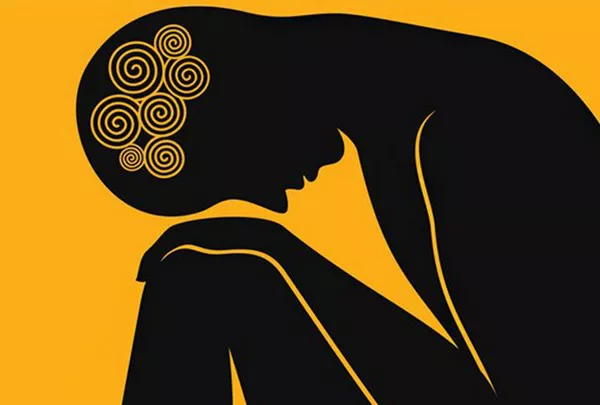Three prominent medical associations issued a joint warning on Wednesday, underscoring the mounting challenges that emergency rooms face in coping with the escalating influx of young individuals seeking emergency psychiatric assistance. The American Academy of Pediatrics, the American College of Emergency Physicians, and the Emergency Nurses Association emphasized that the surge in demand for such care underscores the critical need for enhanced local resources to address youth mental health issues.
The Significance: The pressing concern lies in the fact that emergency rooms were not originally designed to function as primary mental health providers. Nonetheless, the dearth of accessible mental health support for children outside hospital premises has led to a scenario where understaffed emergency rooms grapple with an overwhelming number of young patients facing behavioral emergencies.
Context: A critical aspect highlighted in the joint policy statement revolves around the reality that emergency rooms might lack the requisite capacity and specialized training to effectively manage such cases. Consequently, patients could confront prolonged waiting times and, in some instances, might not receive the essential care they require.
The Capacity Challenge: Emergency rooms exhibit a wide variance in their readiness to cater to pediatric patients and effectively assess risks related to self-harm or substance use. With insufficient psychiatric treatment options for children, a troubling scenario often unfolds where they end up occupying emergency room beds while awaiting availability in psychiatric facilities, as outlined by the collaborating medical organizations.
Insight from the Lead Author: Mohsen Saidinejad, the lead author of the statement, illuminated the predicament, stating, “In many cases, an inadequate mental health infrastructure gives families nowhere else to turn but the emergency department. It’s a dilemma we’re experiencing more often since the COVID pandemic began.”
Recommendations and Measures: The groups offered comprehensive recommendations aimed at preventing the necessity for emergency psychiatric care and facilitating necessary adjustments in emergency departments’ treatment protocols. Some of the key suggestions include:
Activation of local mental health crisis teams and advocating for their utilization as an alternative to law enforcement.
Establishment of a robust referral network bridging hospitals and outpatient treatment centers.
Formulation of national professional standards governing consultations for youth mental health.
Furthermore, the medical organizations urged both health systems and communities to champion increased funding aimed at training a diverse cadre of pediatric mental health providers, particularly considering that over 160 million Americans reside in areas confronting shortages of mental health professionals to adequately address the need.
The Bigger Picture: Jennifer Hoffmann, a pediatric emergency medicine physician at Lurie Children’s Hospital in Chicago, aptly noted that the pandemic has spotlighted the deficiencies in the U.S. mental health system for children. This crisis provides a pivotal opportunity to galvanize efforts and construct a robust mental health framework for children that comprehensively caters to the continuum of services required to preempt crises from arising in the first place.


